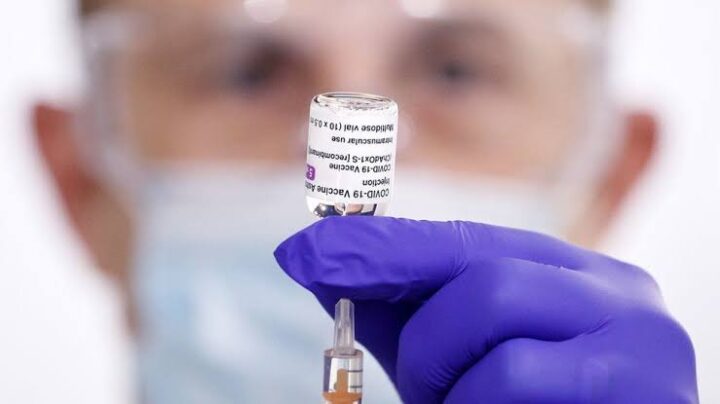The nine-point agenda by the President Muhammadu Buhari is aimed to propel the country towards reaching universal health coverage when “all individuals and communities receive the health services they need without suffering financial hardship”.

DDr Osagie Ehanire, who is the minister of health, has highlighted the agenda to include implementation of mandatory universal health insurance in collaboration with state governments and the Federal Capital Territory (FCT) Abuja administration; operationalization of the basic health care provision fund in collaboration with partners and agencies; recruitment and deployment of 50,000 community health extension workers; revamping federal teaching hospitals across the country and collaboration with private sector investors to establish high-quality hospitals in Nigeria.
The rest are reduction of gaps in all health-related SDGs by at least 60 per cent; reduction in the current imbalance between primary, secondary, and tertiary health care; active collaboration with the private sector to create a large number of well-paying jobs for Nigerian youths; and contributing to the realization of taking 100 million Nigerians out of poverty in the next ten years.
Perhaps the most troubled part of the health sector is the primary health care system which ordinarily should provide treatment for common diseases and injuries, provide essential drugs, render basic and essential services for women, especially maternal and child care and complications arising during birth.
Present realities indicate the absence of a fully developed and functional primary health care system, which constitutes a development challenge in Nigeria with a large population living in rural areas where access to basic health care system is crucial. Poverty, long-distance, bad road networks and high cost of travel are obvious hindrances to seeking medical services in urban or more developed areas by people in remote settlements.
Experts have said repeatedly that reaching people in hard-to-reach areas requires a healthcare system that caters to the needs of a relatively small population and which delivers essential preventive and curative medical services to the communities at affordable cost. To this end, primary health care is widely recognized as the most cost-effective way to reach the goal of universal health coverage and address comprehensive health needs close to people’s homes and communities.
Presently, there are over 33, 000 primary health care centers across the country, but fewer than 20 per cent are functional. Escalating poverty coupled with a high level of illiteracy in Nigeria makes the case for an efficient and sustainable primary health care system even more urgent.
Support InfoStride News' Credible Journalism: Only credible journalism can guarantee a fair, accountable and transparent society, including democracy and government. It involves a lot of efforts and money. We need your support. Click here to Donate
